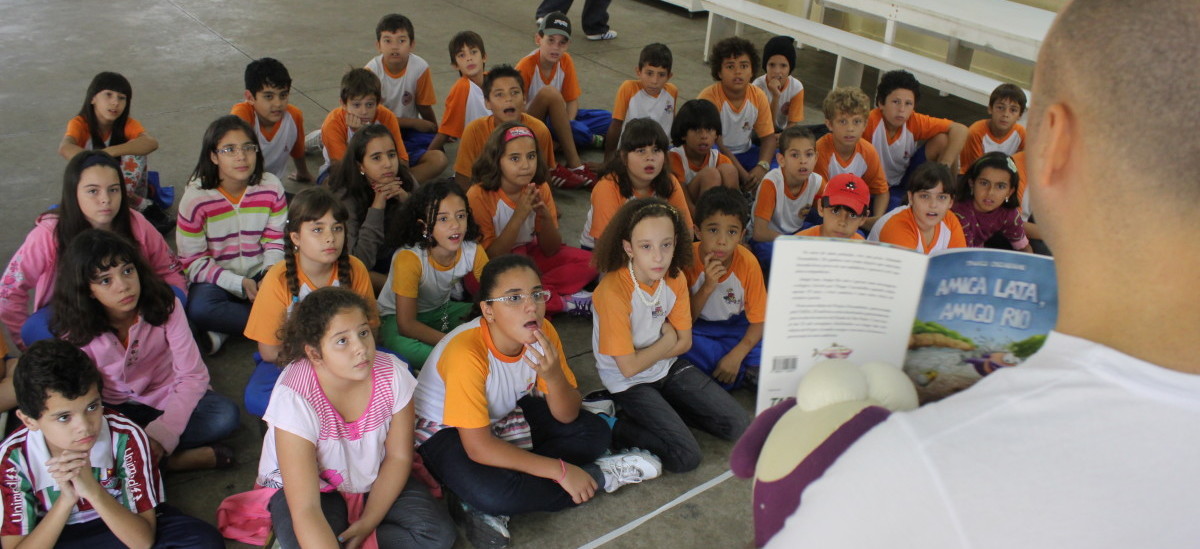Instituto pelo Bem do Planeta

- Localização
- Governador Valadares, MG
- Apoiado em
- 2016
- Áreas atendidas
- Education and Culture
Projeto Douradinho em Valadares
Encouraging and Promoting Environmental Awareness for Students and Teachers in the Rio Doce Region
With the bursting of the dam in Mariana, the sludge of toxic waste that washed over the Rio Doce left the municipalities dependent on it without potable water. Analyses performed by the city of Governador Valadares confirmed that the river is now highly contaminated with aluminum, magnesium, and iron, affecting more than 220 cities in the states of Minas Gerais and Espírito Santo. Several species of fish, invertebrates, amphibians, and reptiles were killed, some which may now be extinct. The mud reached the state of Espírito Santo, penetrating 3 km into the sea and covering 10 km of coastline. Economic activities such as fishing and tourism have been entirely compromised.
Instituto pelo Bem do Planeta focuses on environmental management in rural and urban communities that are vulnerable to the risks and/or catastrophes caused by climate change or human intervention, working to prevent and mitigate these risks. To this end, the organization will work in partnership with Projeto Douradinho, an environmental education and culture initiative, to encourage elementary school students and their teachers to appreciate water resources through “Douradinho”, the catfish character in a children’s book. The initiative will essentially transform these children into environmental agents.
IMPACT
With the support of the BrazilFoundation Minas Fund, the Institute aims to:
• Bring the debate on the importance of river preservation both into and outside of the classroom, impacting 4,000 students in the municipality;
• Discuss and reflect upon the tragedy with students;
• Encourage further actions that generate positive impact on river preservation and riverside forests;
• Transform students into agents of good environmental practices.
“The project’s aim is for future generations to continue the work that I am starting, because I’m afraid I will never again see, in my lifetime, the river as it used to be.” Ricardo Abraham – Project leader